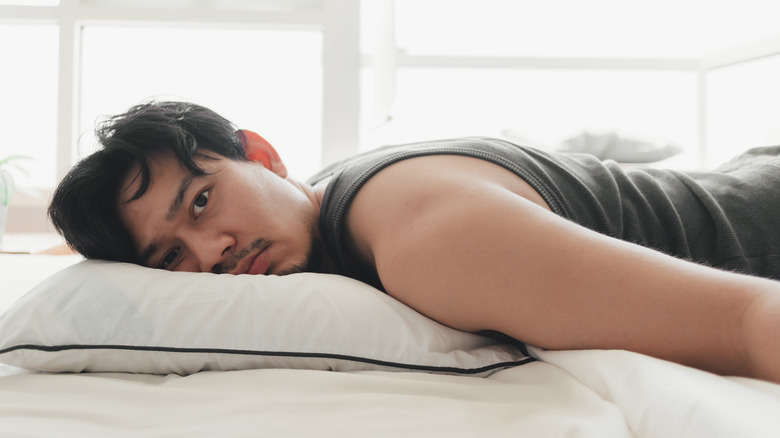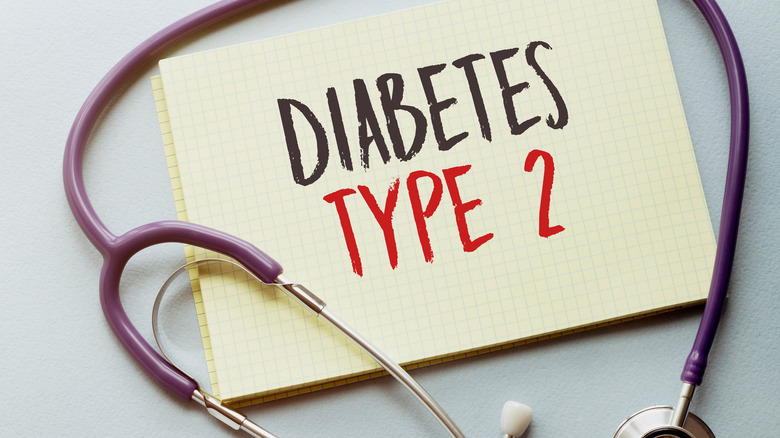How Not Getting Enough Sleep Can Affect Your Blood Sugar
There is plenty of data available supporting the importance of getting a good night's sleep and what is considered an right amount of sleep each night. While the recommendations will vary to some degree by age group, gender, and genetics, research published in Sleep found that, for adults aged 18 to 60, the minimum amount of sleep required on a regular basis to promote optimal health is at least seven hours per night.
According to the Centers for Disease Control and Prevention, one third of American adults are not getting enough sleep, which can cause critical health conditions over time. Among the many negative effects, not getting enough sleep on a regular basis can lead to diabetes, or make it difficult for people who already have diabetes to manage their condition. This is because lack of proper sleep over time can lead to increased insulin resistance, raise blood pressure, and make you hungrier and more likely to choose unhealthy foods that are high in carbohydrates and sugar. Diabetes.co.uk not only supports these findings, but also suggests that high blood sugar and sleep deprivation are a vicious cycle, as high blood sugar can be a cause of poor sleep.
How to improve sleep quality for better health
For those who have challenges getting enough sleep on a consistent basis, experts at Mayo Clinic suggest you reflect on the causes and consider instituting certain changes to specific habits and patterns that are interfering with healthy sleep. For instance, setting up a regular bedtime on weeknights, with no more than a one-hour adjustment for weekends, will help to get the body accustomed to a regular sleep-wake cycle that will be more conducive to an uninterrupted night's sleep. The body will also be more inclined to fall asleep if heavy meals are avoided within two hours before bedtime. Consuming nicotine, alcohol, and caffeine not long before bedtime could also have a negative impact on sleep. Additionally, managing stress so the mind is clear will prepare the body better for sleep. Activities to reduce stress and anxiety can include meditation, journaling your worries and concerns, and prioritizing tasks. Experts also support regular physical activity as a way to promote healthier sleep, although they warn against active exercise too close to bedtime.
Everyone has a bad night's sleep from time to time, but if restless nights become commonplace, the experts at Mayo Clinic advise that a doctor may be able to help better identify and treat any underlying conditions that are causing the sleep issues.


